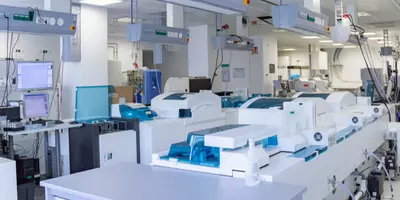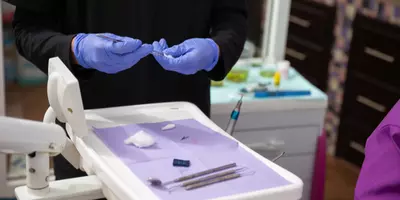
Oct 6, 2015 ● Miranda Pennington
Why Patient Satisfaction is Now Crucial For Hospitals
One of the unexpected effects of the Affordable Care Act has been increased pressure on doctors and medical staff to improve patient engagement. As payment options shift and care networks broaden, patients find themselves empowered to demand not "just" the best medical care, but also a compassionate bedside manner, as well.
Shefali Luthra over at MedPageToday notes that medical centers nationwide are prioritizing doctor-patient interactions and emphasizing compassion as well as a search for diagnosis. "Under a 2010 health law, Medicare payments to hospitals can be affected by patient satisfaction surveys," according to Luthra. In addition, the care cost burden on patients leads them to depend more on preference than on limited options.
The research of Tim Vogus, associate professor of management at Vanderbilt University, found that medical institutions encouraging physician responsiveness now require doctors to take empathy training courses, capture personal details about patients in their charts, and practice small follow-up gestures like a handwritten note or phone call—all which improve patient experience. A key piece of this innovative practice is of course being open to receiving feedback—if patients never have a chance to evaluate a physician or her practice, how will they know what to improve? The University of Rochester Medical Center sends out a monthly feedback newsletter and provides doctor-to-doctor peer coaching, which gives doctors a chance to turn appointment discussions into a conversation instead of a by-the-book exchange. Patients who feel that their doctors are sincerely invested are more likely to take medication, adhere to recommendations, and schedule follow-up appointments and procedures. And the more active listening an attentive physician practices can lead, the more accurate diagnoses and responsive treatments occur. The entire staff and its patients improve when doctors take the time to listen and respond appropriately—the future of medicine might depend on it.Hospitals Push Docs to Improve Their Bedside Manners


